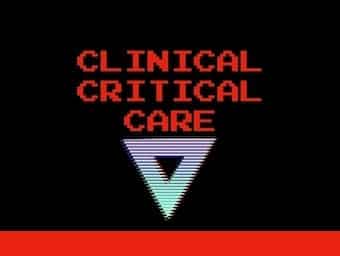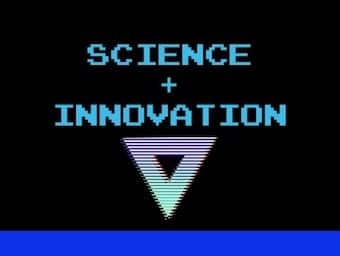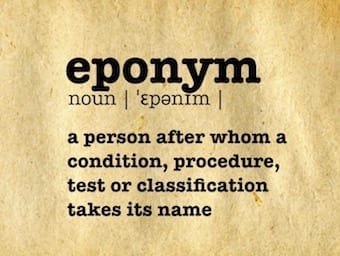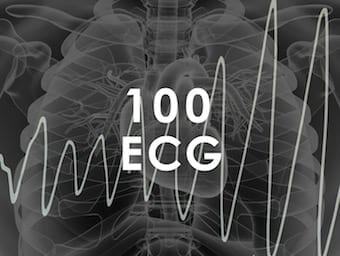
REBEL vs SKEPTIC
Critical care controversies: Salim Rezaie (REBELEM) and Ken Milne (SGEM) go toe-to-toe debating some hot topics in critical care.

Critical care controversies: Salim Rezaie (REBELEM) and Ken Milne (SGEM) go toe-to-toe debating some hot topics in critical care.

Being able to open any mobile phone camera enables triage of scene (mechanism of injury) and patient (physiology). This enables better resource allocation and can start treatment sooner.

Jim Manning tells us why the time is now for Selective Aortic Arch Perfusion in improving cardiac arrest outcomes.

Cardiac arrest physiology is an emerging field of research that may allow us to better understand why clinical trials of cardiac arrest have been so frustrating

A strong interdependent system of care can improve survival from out of hospital cardiac arrest, with Tony Walker ASM

Does POCUS delay CPR in cardiac arrest? Should we be doing transesophageal echocardiography in the resus room? A pro-con case-based debate.

Allan Burns (1781 - 1813) was a Scottish anatomist and surgeon. Remembered for his monograph on heart disease, resuscitation options in cardiac arrest and Burns ligament (1802)

A panel with the chairs of ILCOR discussing their two newest cardiac arrest protocols. Hosted by Scott Weingart.

60yr old male who had an out-of-hospital cardiac arrest. Return of spontaneous circulation was attained prehospital. Describe and interpret this ECG. LITFL Top 100 ECG

Cardiac Arrest Survivor Hot Case

Current ILCOR guidelines advise that capnography is useful during cardiac arrest resuscitation. ETCO2 can be used as a surrogate marker of cardiac output

Prognosis After Cardiac Arrest incolves: the underlying cause of cardiac arrest (e.g. overdose vs dilated cardiomyopathy); presence of co-morbidities (e.g. metastatic cancer, dementia); use of targeted temperature management (therapeutic hypothermia); features of the the cardiac arrest and cardiovascular and neurological assessment